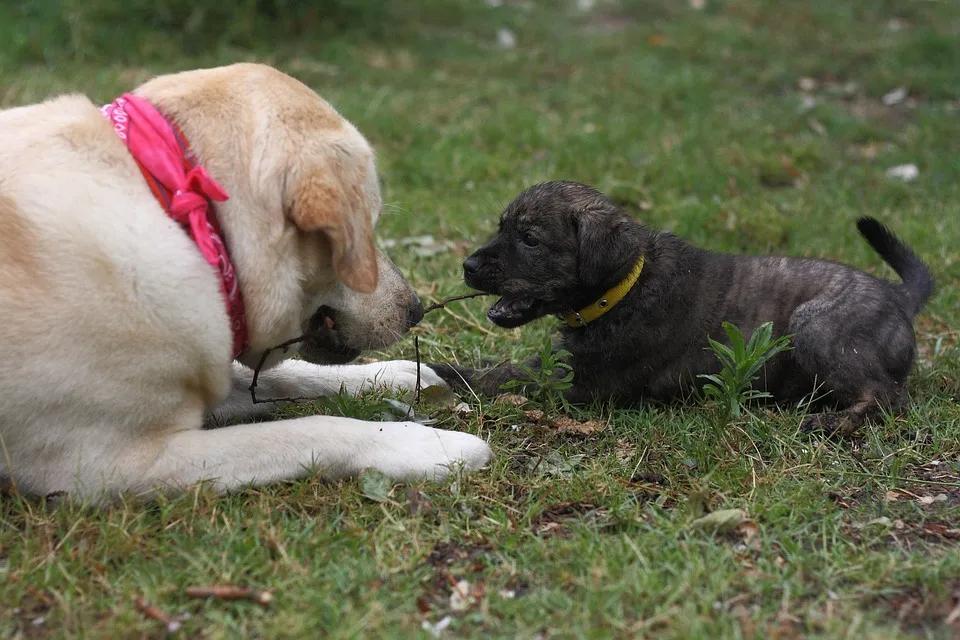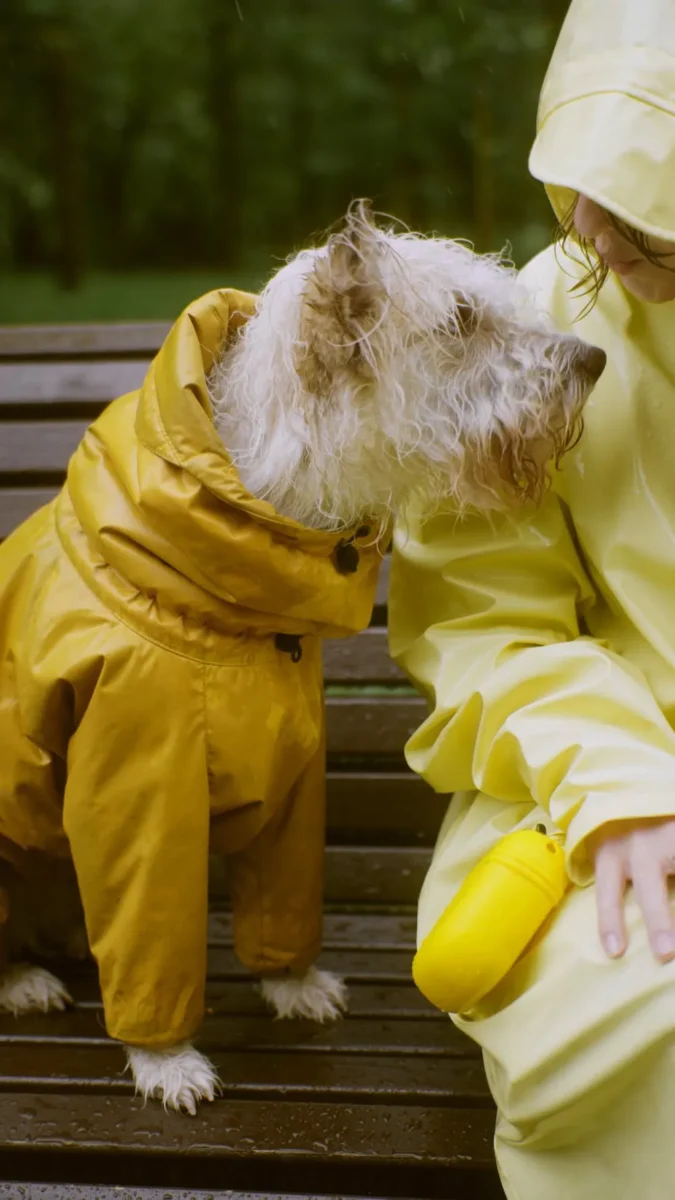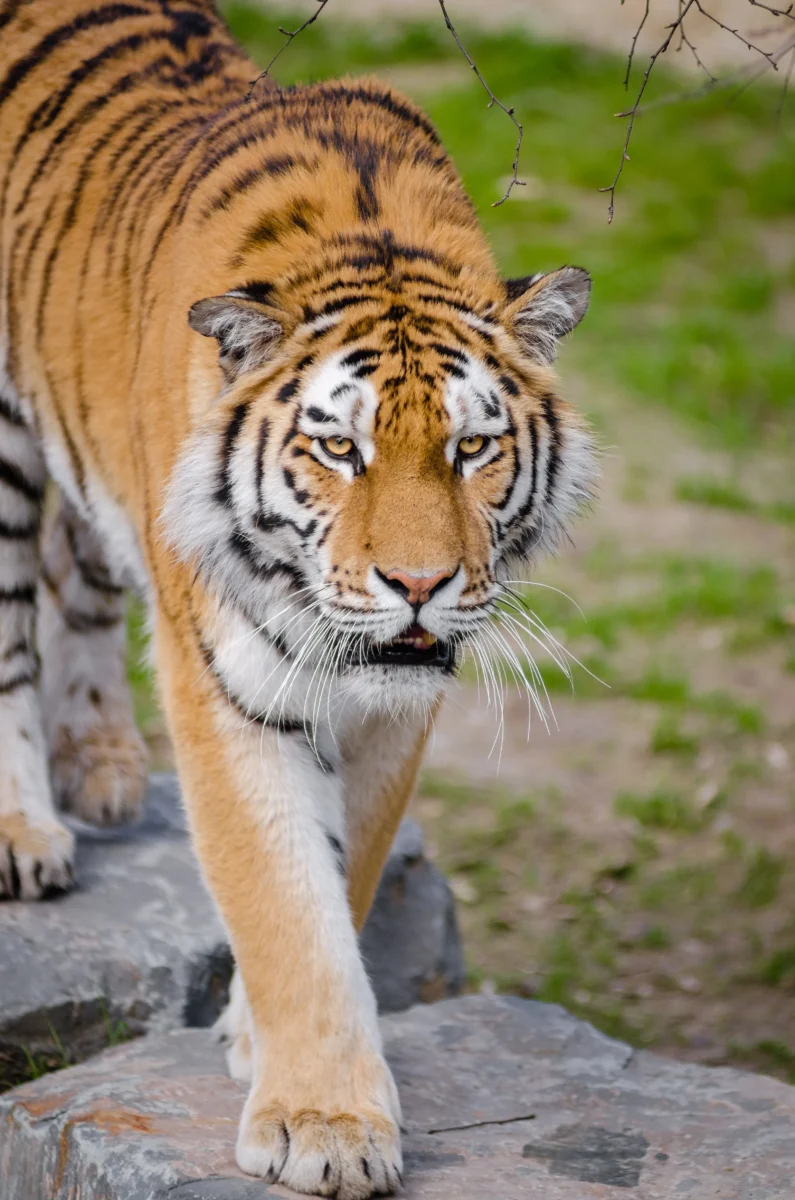When it comes to babies and dogs, there is a lot of debate about whether or not dogs make good babysitters. Some people swear by the idea that dogs are great with babies, while others think that it is not a good idea to have dogs and infants in the same household. So, who is right? The answer may surprise you! In this article, we will take a look at some scientific research on the matter and discuss what the experts have to say about dogs and babies.
Dogs and Babies – The Basics
First of all, it is important to understand that dogs and babies are not the same species. This means they do not communicate in the same way and do not have the same needs. Dogs are also much stronger than babies, which means that they can easily hurt a baby if they wish to. However, most dogs will not intentionally hurt a baby. It is important to remember this when you are considering whether or not to get a dog for your family.
Dogs and Babies – The Research
Now that we have covered the basics let’s take a look at some scientific research on the matter. A study published in Frontiers in Psychology found that dogs can actually be beneficial for infants’ social development. The study found that when infants were exposed to dogs, they showed more advanced social skills than those who were not exposed to dogs. This is just one example of the research that has been conducted on the subject.
So, what does this all mean? The experts seem to agree that dogs can be beneficial for infants’ social development. However, it is important to remember that every dog is different and some may be better suited for families with infants than others. If you are considering getting a dog for your family, make sure to do your research and choose a breed that is known for being good with children. You should also talk to your veterinarian about the matter before making any decisions.
How Do Dogs Differentiate Between Adults and Infants?
It is interesting to note that dogs can actually tell the difference between adults and infants. This is because they use different cues to figure out who is who. For example, dogs will often sniff babies before approaching them. This is because they are trying to figure out the baby’s scent. Dogs also pay attention to the way that adults interact with infants. They will often watch how adults pick up, hold, and play with infants before approaching them themselves.
How Do Dogs React to Infants?
Now that we know how dogs differentiate between adults and infants let’s take a look at how they actually react to infants. The majority of dogs will show signs of excitement when they see an infant for the first time. They may wag their tails, whine, or try to jump up on the person holding the baby. However, some dogs may be scared of infants. This is usually because they have had a bad experience with a baby in the past. If you have a dog that is scared of infants, it is important to talk to your veterinarian about how to best help them.
Tips For Introducing a Baby to a Dog
If you already have a dog and are expecting a baby, there are some things that you can do to make the transition easier for both your dog and your child.
1. Start Slowly
It is important to introduce your dog to your baby slowly. This means letting them see and smell the baby from a distance at first. You can also try giving your dog a treat when they are around the baby.
2. Create a Safe Space
It is also important to create a safe space for your dog. This means having a place where they can go to escape the noise and commotion of having a baby in the house. This can be anything from a crate to a specific room in your house.
3. Choose the Right Time
When you are introducing your dog to your baby, it is important to choose the right time. This means choosing a time when both your dog and your child are calm and relaxed. You should also make sure that there are no other distractions, such as other people or animals, during the introduction.
4. Supervise
It is important to supervise your dog around your baby at all times. This means never leaving them alone together. Even if your dog has never shown any signs of aggression, it is always better to be safe than sorry.
What To Do If There Is a Problem In The Dog And Baby Relationship?
If there is a problem with the dog and baby relationship, it’s important to consult with an expert to help resolve the situation. Dogs are pack animals and view babies as subordinates in the pack. When a baby is born, the dog may see itself as being responsible for the child and may start to exhibit protective behaviors such as guarding or even attacking anyone who comes near. This can be very dangerous for both the child and the dog.
A professional dog trainer can help you teach your dog that it is not responsible for protecting the child and that there is no threat from people coming near. They can also help you create a safe environment for both the baby and the dog where they can learn to live together peacefully.
Our Final Thoughts
Dogs and babies can definitely co-exist in the same household. However, it is important to be aware of how dogs react to infants and take precautions accordingly. With a little planning and preparation, you can ensure that both your dog and your baby are happy and safe in your home. Thank you for reading!








